Are Michelin stars losing their lustre?
They used to be the only awards that mattered, but now top chefs are turning their backs on the Michelin Guide
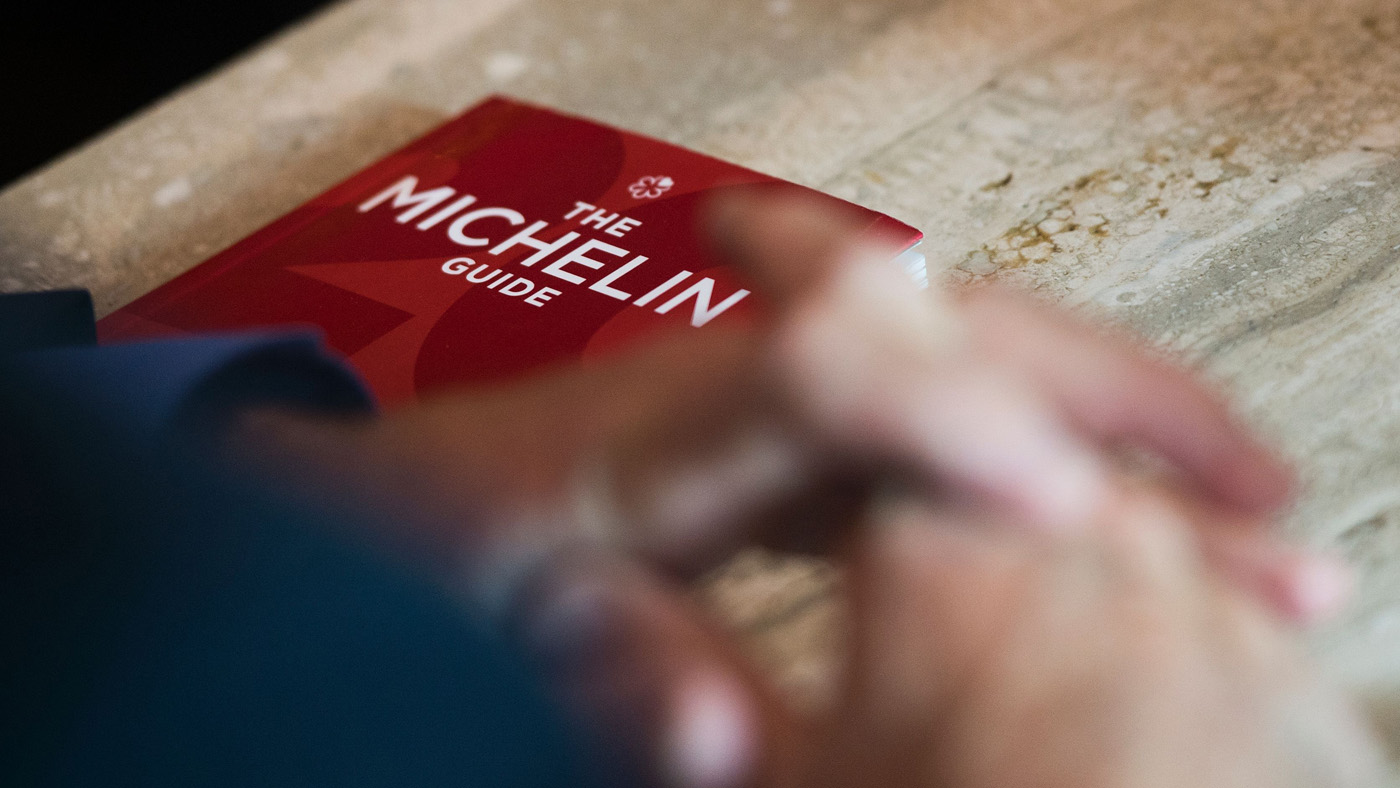
A free daily email with the biggest news stories of the day – and the best features from TheWeek.com
You are now subscribed
Your newsletter sign-up was successful
For decades, the ultimate top award in the restaurant world was three stars from the Michelin Guide.
That honour has been bestowed on only about 100 restaurants in the world, and a mere five in the UK – but in recent years, a range of rival rating systems have emerged to challenge Michelin's authority.
The most obvious contender is the Worlds 50 Best Restaurant awards, which began in 2002 and is judged by an anonymous panel of more than 1,000 food experts.
The Week
Escape your echo chamber. Get the facts behind the news, plus analysis from multiple perspectives.

Sign up for The Week's Free Newsletters
From our morning news briefing to a weekly Good News Newsletter, get the best of The Week delivered directly to your inbox.
From our morning news briefing to a weekly Good News Newsletter, get the best of The Week delivered directly to your inbox.
Even the French government has muscled in, with a new award system called La Liste - which has a Parisian restaurant as its No. 1. And of course, there is the growing impact of user-review sites such as TripAdvisor and of social media in general, with a handful of bloggers wielding considerable influence.
The growing influence of rival awards is not the only problem faced by Michelin. The elitist nature of the guide has also come under attack recently.
Last month French chef Sebastian Bras - whose restaurant was one of 27 in France to hold three Michelin stars - asked the guide to strip him of the rating, saying the pressure to maintain them was too great.
In the past 15 years, two three-star Michelin chefs have committed suicide, highlighting the intense pressures faced by those within the restaurant industry.
A free daily email with the biggest news stories of the day – and the best features from TheWeek.com
The latest London restaurant to gain a three-star rating is Araki, a tiny sushi bar with only nine seats and a set menu that costs £300, not including drinks. The small size of the venue means its overheads are unlikely to be high, with lower maintenance fees and little wastage.
But at most larger top-end restaurants, costs tend to be much higher - which may explain why more and more three-star Michelin restaurants are located in luxury hotels.
This is a relatively new development. French-born chef Alain Ducasse opened what quickly became the first three-star restaurant in a hotel – Le Louis Quinze in Monaco. “Prince Rainier [of Monaco] wrote into the contract that I had to gain three stars within four years. I was 30 years old at the time when I signed it in May 1987 and I had gained them by February 1990,” Ducasse told The Week Portfolio.
“Every three Michelin restaurant that I have opened since then has been within a luxury hotel," Ducasse said. "It is virtually impossible to afford such a postcode or address unless it is within a luxury hotel, as an independent chef. There is no way I could afford to open a grand restaurant in Park Lane, Avenue Montaigne or Rue de Rivoli unless it was within a hotel.”
Andy Hayler, the only restaurant critic who has eaten at every three-star Michelin on the planet, says: “High-end hotels and high-end dining are symbiotic, with nearly a fifth of all three-star Michelin restaurants in the world now situated in a hotel."
There are exceptions – none of the three-star restaurants in Tokyo are in hotels - but in Paris, in particular, hotels vie to host such establishments. One luxury hotel spent hundreds of thousands of pounds trying to regain a lost third star before eventually managing to do so, a decade after losing it.
The benefits of a three-star rating include making it easier for hotels to sell more exclusive wines, such as Chateau Petrus or Domaine de la Romanee-Conti, which can cost several thousand pounds a bottle. If you are in what is considered a world-best restaurant, it goes hand in hand with drinking the very best wines.
But there are potential pitfalls. One leading hotelier told The Week Portfolio: “Strategically speaking, when the proportion of profit is considerably higher for food and beverage over your room rate, it makes you more vulnerable to change. If a general manager leaves a hotel, nobody really notices, but if you lose a leading chef or a Michelin star, it is world news.”
However, Michelin no longer has the publicity field all to itself: a top ten placing in the 50 Best Restaurant rankings can have a greater impact than holding three stars.
Nor is not having a star viewed as the disadvantage it once was. The Four Seasons hotel in Mayfair is believed to have one of the highest profit margins of any London hotel, without boasting a Michelin star-rated restaurant.
What really matters today is having a restaurant that creates a buzz, and for that, social and mass media play a more important role than ever before.
And as top chefs increasingly start to question the importance of having those three rosettes, Michelin may find its own ranking falling ever further.
-
 Local elections 2026: where are they and who is expected to win?
Local elections 2026: where are they and who is expected to win?The Explainer Labour is braced for heavy losses and U-turn on postponing some council elections hasn’t helped the party’s prospects
-
 6 of the world’s most accessible destinations
6 of the world’s most accessible destinationsThe Week Recommends Experience all of Berlin, Singapore and Sydney
-
 How the FCC’s ‘equal time’ rule works
How the FCC’s ‘equal time’ rule worksIn the Spotlight The law is at the heart of the Colbert-CBS conflict
-
 8 restaurants that are exactly what you need this winter
8 restaurants that are exactly what you need this winterThe Week Recommends Old standards and exciting newcomers alike
-
 Critics’ choice: Watering holes for gourmands
Critics’ choice: Watering holes for gourmandsFeature An endless selection of Mexican spirits, a Dublin-inspired bar, and an upscale Baltimore pub
-
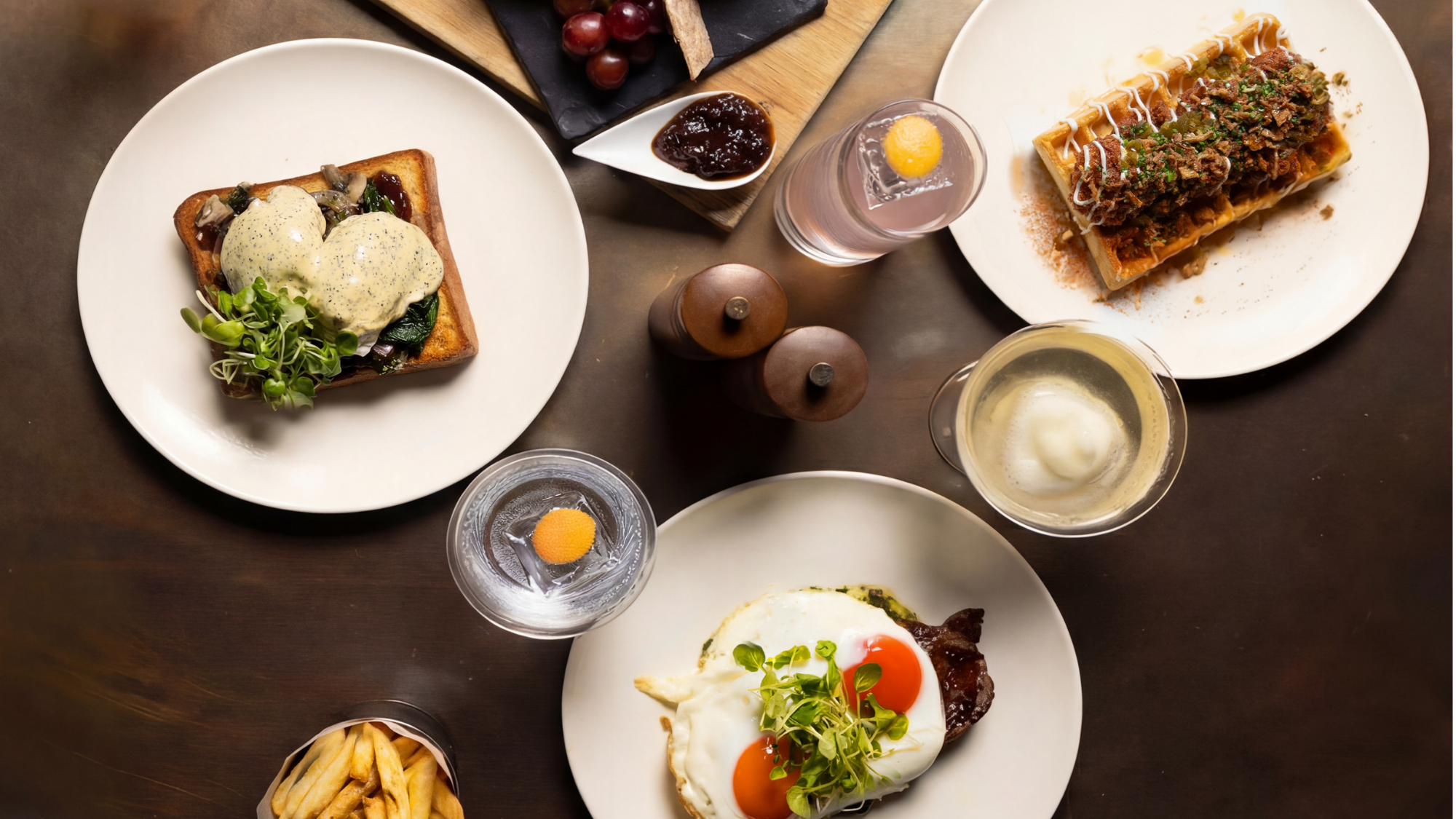 London’s best breakfasts and brunches
London’s best breakfasts and brunchesThe Week Recommends However you like your eggs in the morning, these memorable restaurants have you covered
-
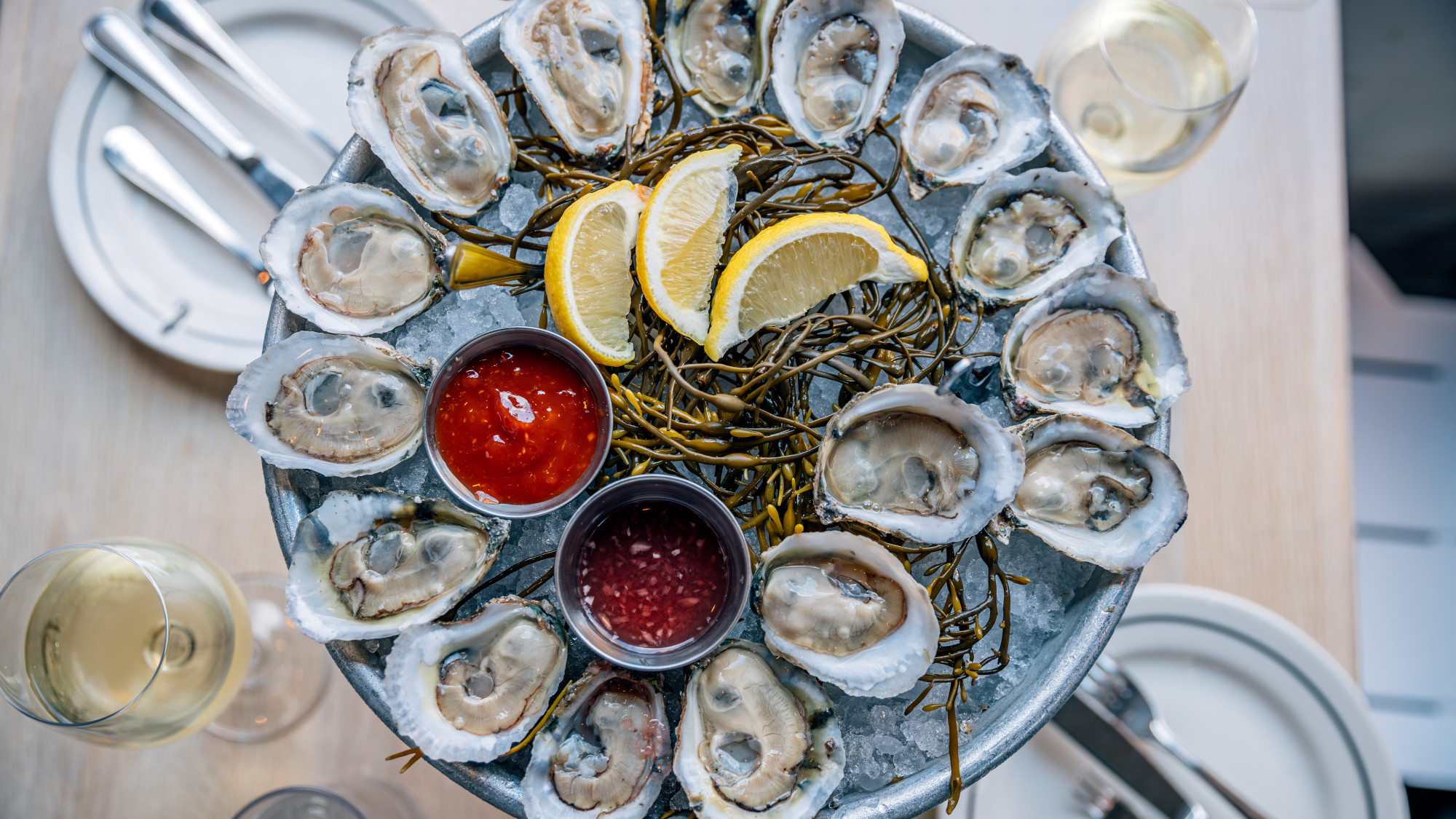 Critics’ choice: Seafood in the spotlight
Critics’ choice: Seafood in the spotlightFeature An experimental chef, a newspaper-worthy newcomer, and a dining titan’s fresh spin-off
-
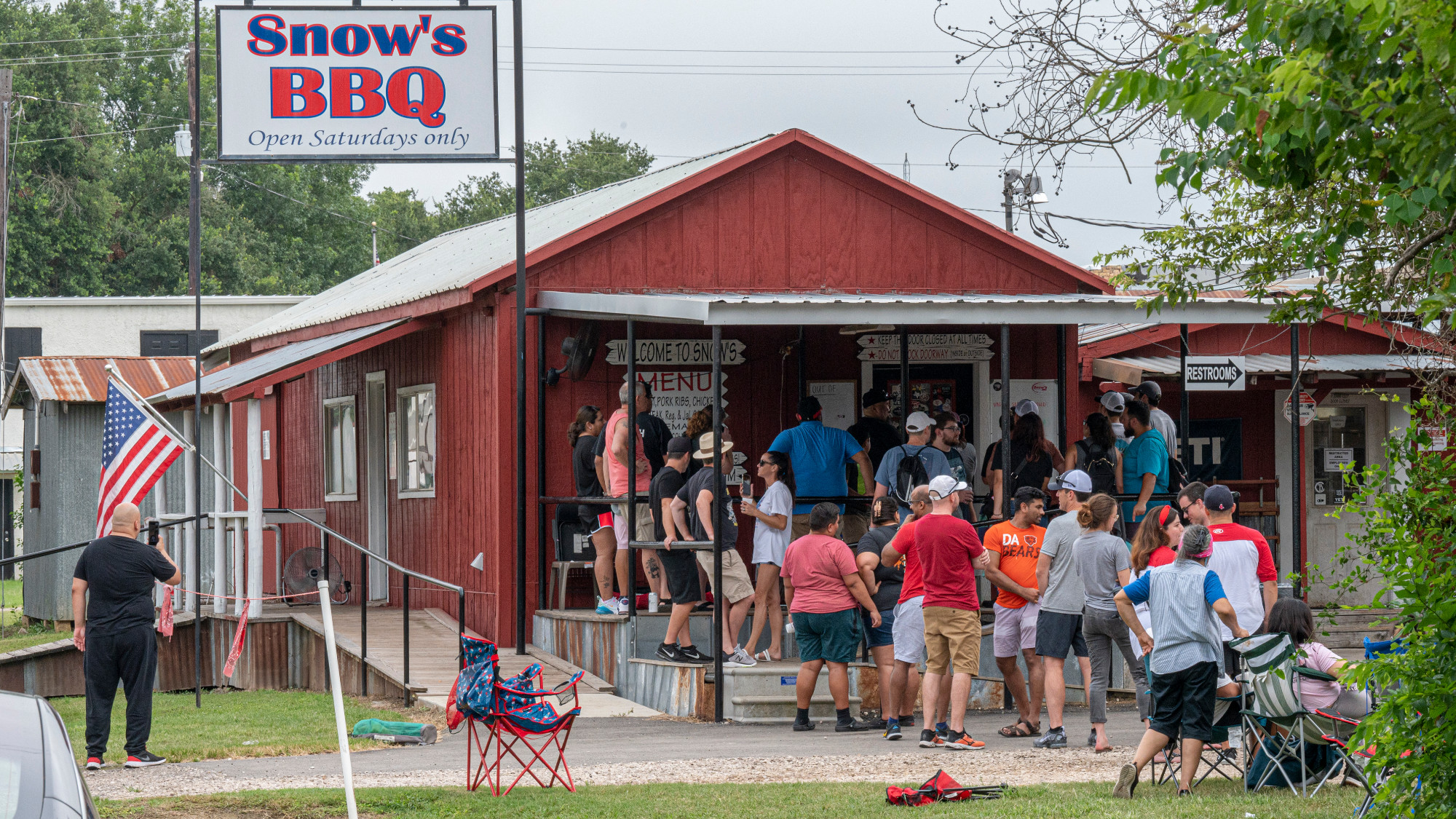 Southern barbecue: This year’s top three
Southern barbecue: This year’s top threeFeature A weekend-only restaurant, a 90-year-old pitmaster, and more
-
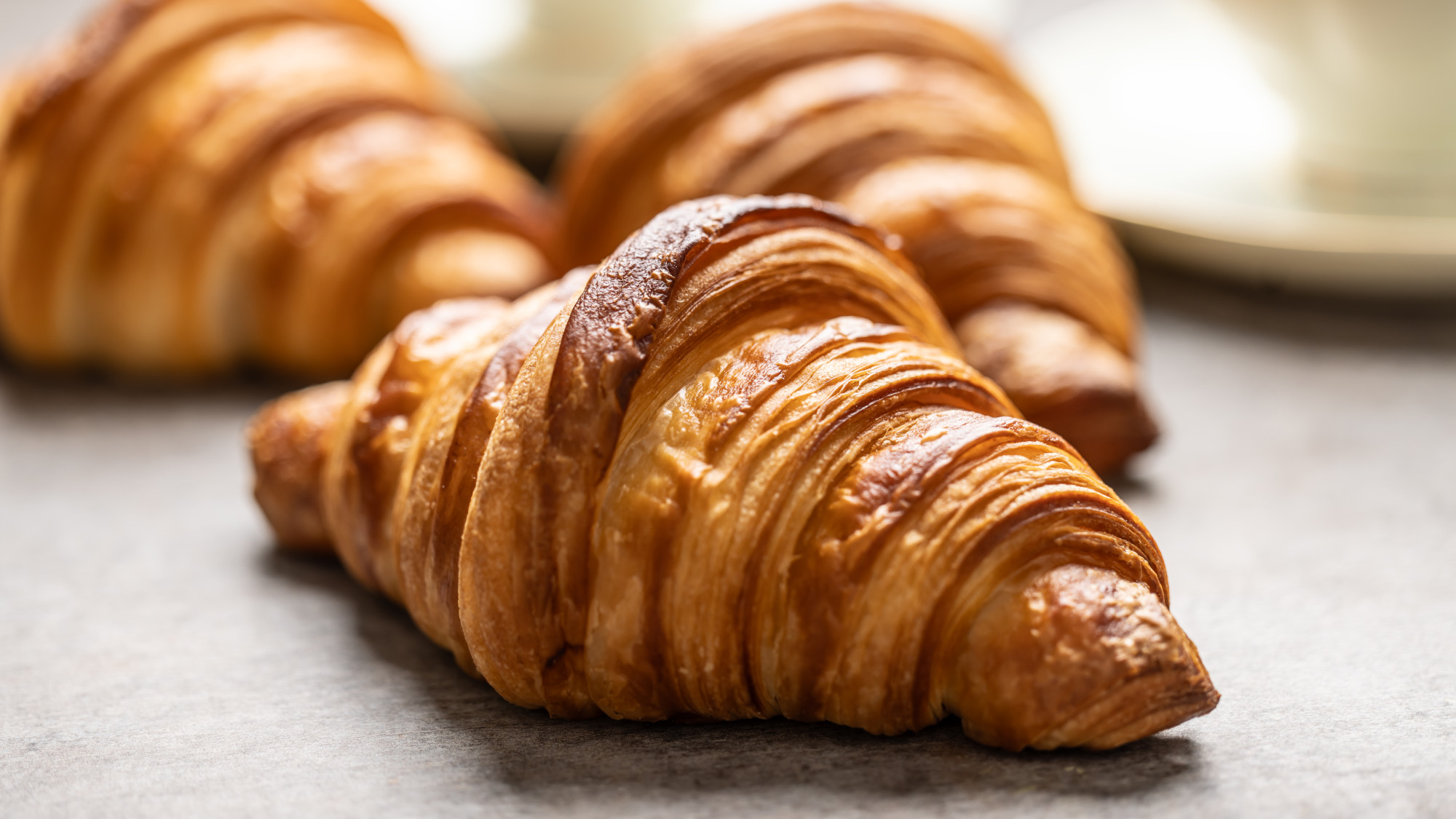 Critics’ choice: Celebrating rare Asian cuisines
Critics’ choice: Celebrating rare Asian cuisinesFeature The 2025 Restaurant of the Year, a Hmong culinary tribute, and an Uyghur feast
-
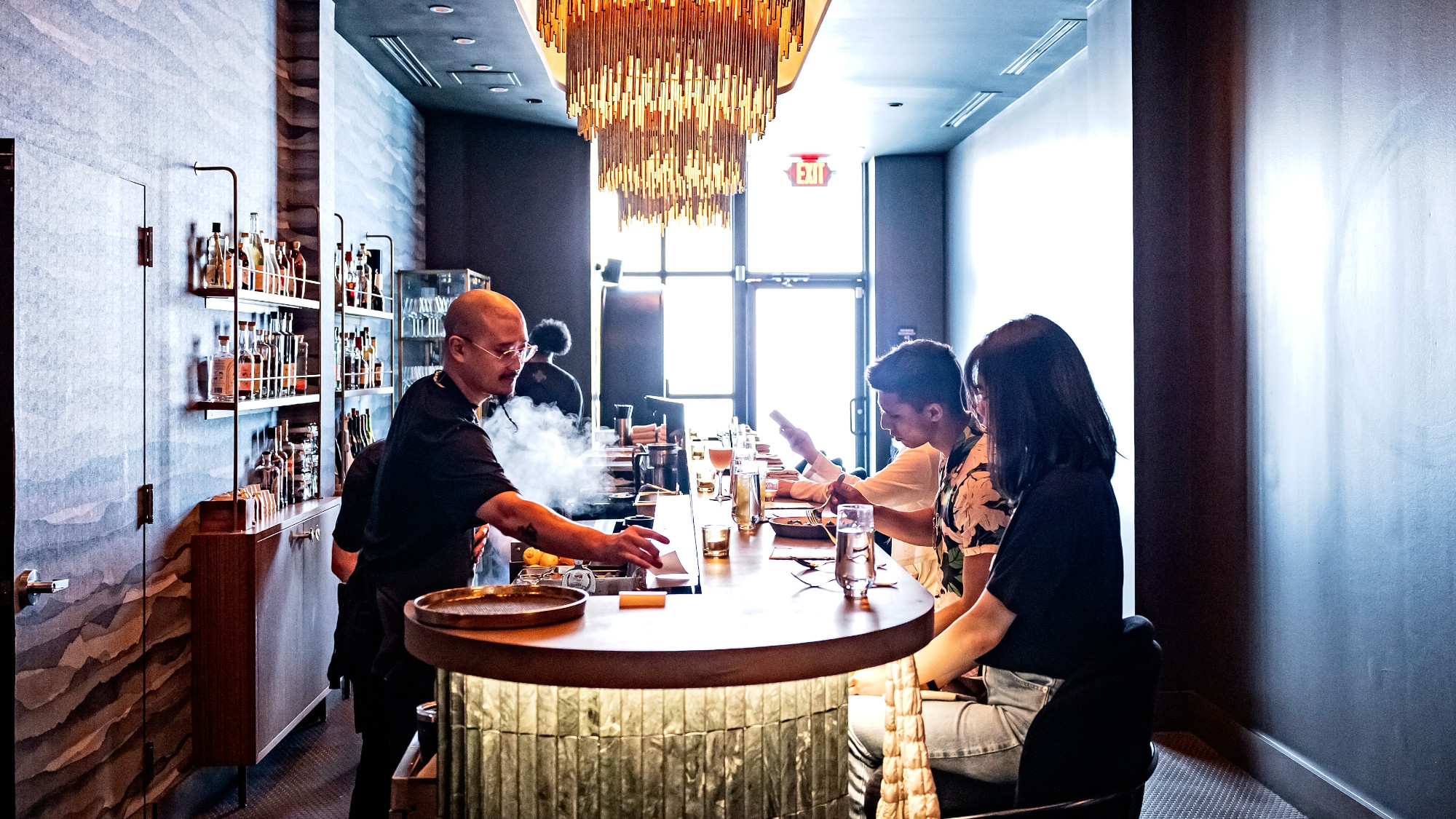 Critics’ choice: Three small yet magical Korean restaurants
Critics’ choice: Three small yet magical Korean restaurantsFeature A chef creates magic from scallops, a restaurant’s no-waste ethos, and more
-
 The 9 restaurants to eat at this very moment
The 9 restaurants to eat at this very momentThe Week Recommends They’re award-winning. Isn’t that reason enough?